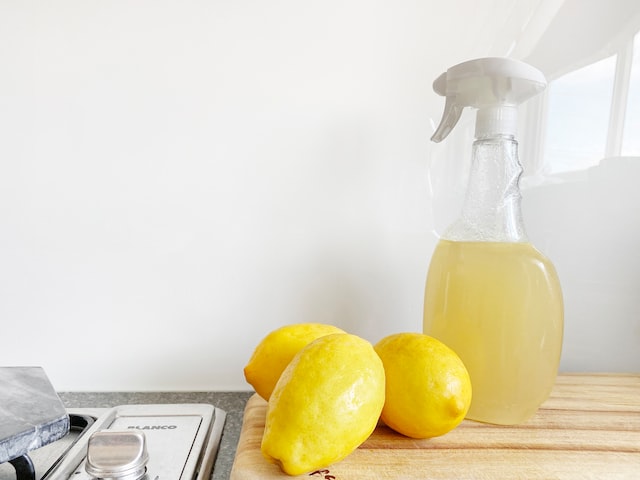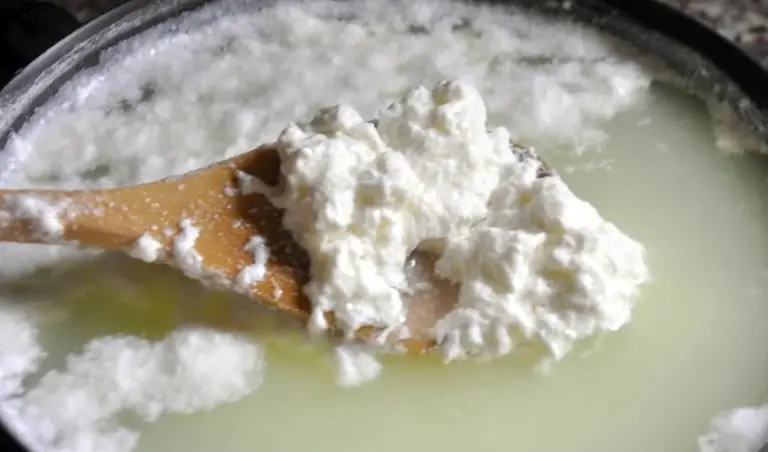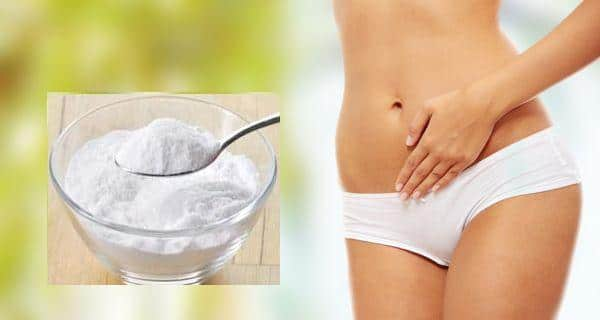Vinegar is an essential ingredient used in cooking, with its acidic properties capable of giving dishes a unique flavor. Natural vinegar has been widely used for centuries, but recently synthetic vinegar has become more popular due to its lower cost and longer shelf life. However, people often wonder if synthetic vinegar is safe to use in cooking or if it comes with any risks.
In this article, we will explore the pros and cons of synthetic vinegar in cooking, its potential health risks, applications in cooking, identifying brands in stores, and addressing myths and misconceptions.
The Pros and Cons of Synthetic Vinegar
Advantages
- Cost-effective
- Longer shelf-life
- Milder than natural vinegars
Disadvantages
- Lack of flavor complexity
- Inferior taste compared to natural vinegars
- Contains unhealthy additives such as acetic acid.
It is important to note that although synthetic vinegar may be a cheaper option, some disadvantages may outweigh these benefits. In general terms, natural vinegars have a richer taste profile because of additional bacteria strains considered beneficial for the human body that enhance flavors.
Applications of Synthetic Vinegar in Cooking
Synthetic vinegar can be applied to a wide range of dishes from sauces to marinades and dressings as long as it’s used moderate amounts (a tablespoon or two). It can also be used for pickling vegetables like cucumbers due to its ability to maintain their color after pickling. Here are some examples:
- Salad dressings: A simple dressing made with synthetic vinegar mixed with olive oil can add flavor notes of tanginess mixed with sweetness.
- Pickles: Making homemade pickles using cucumber or other vegetables requires just a few teaspoons of synthetic vinegar.
- Sauces: Synthetic vinegar works well when making barbeque sauce or marinara sauce.
To substitute synthetic vinegar for natural vinegars without altering the recipe’s pH levels too much:
- Use a half teaspoon less than the recipe that calls for natural vinegar.
- Dilute double the amount of synthetic vinegar.
- Add sweeteners like sugar or honey to balance out flavors, if needed.
Health Considerations
Although it’s safe for healthy individuals to use vinegar in moderation, consuming too much synthetic vinegar may cause negative health consequences such as long-term damage to digestive organs and dental erosion due to its acidic nature. Long-term ingestion of synthetic vinegar can also lead to bone loss in people who are deficient in calcium, potassium.
Ingesting too much acetic acid, found in synthetic vinegar, has adverse effects on postprandial (after meal) glucose control since it encourages sugar cravings leading to overeating behaviors. Post-meal blood glucose spikes may result in fatigue levels after meals and sudden drops in energy.
In general, it is recommended that moderate amounts of natural vinegars be used consistently when cooking or seasoning dishes instead of synthetically manufactured vinegars.
Recognizing Synthetic Vinegar Brands
Identifying synthetic vinegar brands can be challenging because they mimic natural acidity’s taste profile via add-ons ranging from citric acid, phosphoric acids which arise from industrial processing.
To recognize a brand:
- Check the label for any mention of “acetic acid” apart from which brands mention “vinegar”
- Synthetic vinegars have extended shelf life than their natural counterparts.
- Typically, white-colored with a chemical odor
When buying your next container of vinegar or suspecting an unknown order if manufacturers could provide trustworthy information about what they use.
Alternatives to Synthetic Vinegar
While synthetic vinegar may be a viable option for some cooks, there are plenty of alternatives that can made available including natural types:
Natural Vinegar Options
- Apple Cider Vinegar (ACV): Made with apple cider fermented using sugar and yeast cultures before going through an alcohol fermentation process producing the vinegar. Known for its sweetness and tang, ACV is good used in salad dressings or marinade meat dishes.
- Balsamic Vinegar: Made from grape juice aged to produce its dark color’s signature taste profile, balsamic vinegar has a distinct sweetness with tartness that works great in roasted vegetables like asparagus or beet salads.
- Rice Vinegar: This type of vinegar comes straight from rice wine that’s fermented longer until all the alcohol breaks down into acid producing mild tartness and sweetness used game salads.
Myths and Misconceptions about Synthetic Vinegar
Here are some myths surrounding synthetic vinegar usage clarified:
- Synthetic vinegar tastes exactly like natural vinegars.
- Fact: Synthetically produced vinegars won’t be able to measure up to natural vinegars when matched in taste tests due to their lack of microbial diversity.
- All synthetic vinegars have acetic acid added.
- Fact: Brands can choose between different acidic compounds like citric acid, distilled grain alcohol, but it ultimately depends on what they’re trying to replicate.
- Synthetic vinegar augments bacteria growth
- Fact: While synthetic vinegars have no-beneficial bacteria-wise, natural strains have pretty diverse microbial cultures because of their fermentation process.
- The usage of synthetic vinegar entirely doesn’t result in adverse health effects after ingestion
- Research finds significant negative correlations between long-term consumption of synthetically generated acetic acid and dental erosion, liver failure, and bone density loss.
Conclusion and Recommendation
In conclusion, using synthetic vinegar for cooking is an individual preference that depends on cost savings versus quality when choosing the ingredient necessary for cooking or preserving foods safely while minimizing associated risks. While it may be considered milder than natural vinegar options concerning acidity levels, caution should always be taken around high intake levels that may cause severe health implications against moderation in the short term with natural alternatives offering more substantial health benefits, the richer and more diverse taste profile with natural vinegars is unmatched by synthetic vinegar. Unless there’s a critical reason that calls for it, it’ll always be best to use natural options when cooking.
Q&A
- Q: Is synthetic vinegar a suitable alternative to natural vinegar for cooking? A: Yes, synthetic vinegar can be used for cooking purposes as it is made using chemicals and mimics the flavor of natural vinegar. However, it may not have the same health benefits as natural vinegar.
- Q: What are some common uses of synthetic vinegar in cooking? A: Synthetic vinegar can be used in salad dressings, marinades, pickling vegetables, and for adding acidity to dishes like soups and stews.
- Q: How does synthetic vinegar compare to natural vinegar in terms of taste? A: While synthetic vinegar aims to mimic the flavor profile of natural vinegars like apple cider or balsamic, some people may notice a slight difference in taste or aroma compared to the real thing.
- Q: Are there any health concerns associated with consuming synthetic vinegar regularly? A: While generally safe for consumption, some people may be allergic or sensitive to the ingredients commonly used in synthetic vinegars. Additionally, since they do not contain the same beneficial bacteria found in live-cultured natural vinegars, they may not have the same positive impact on gut health.




